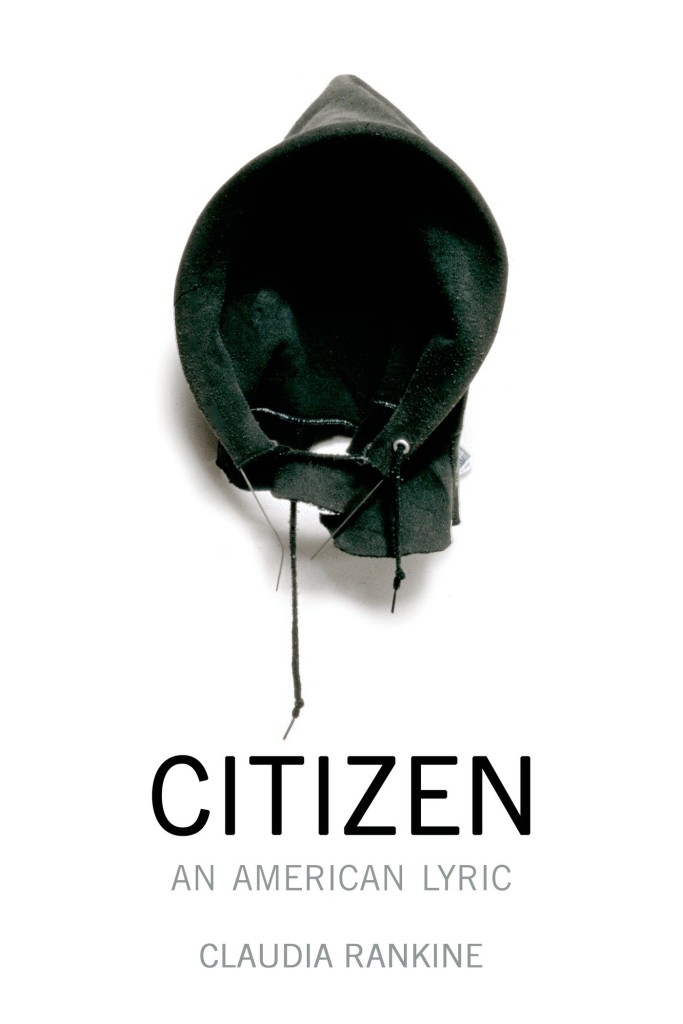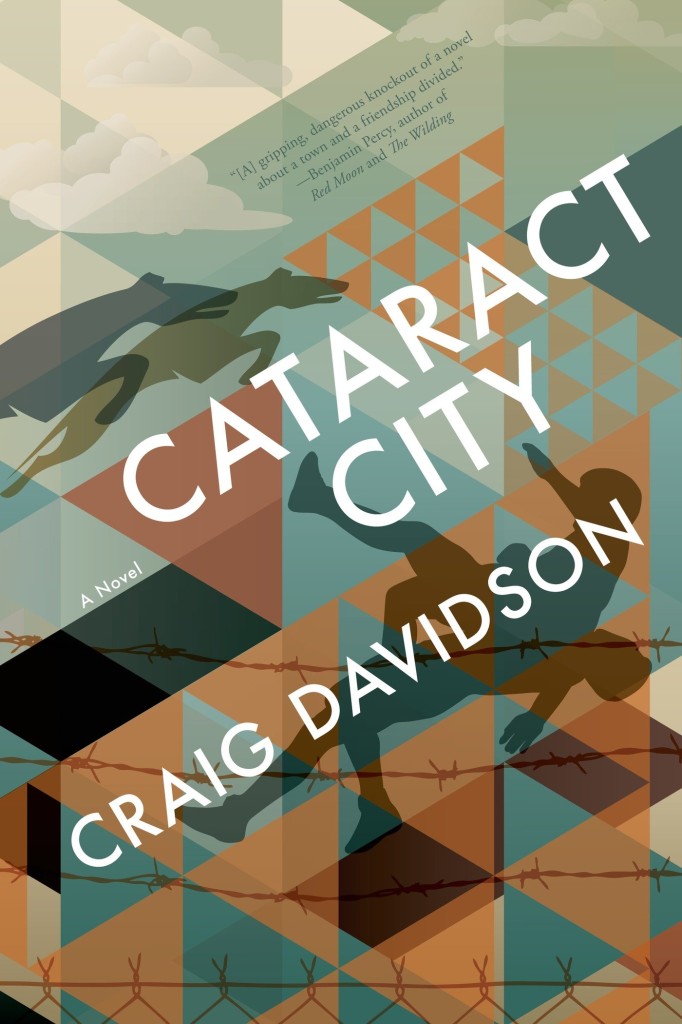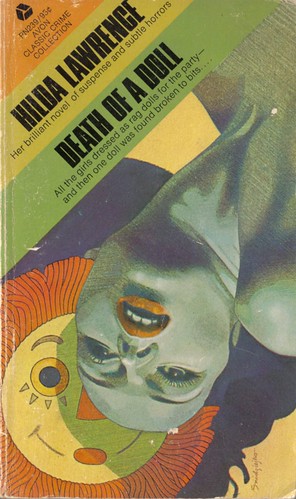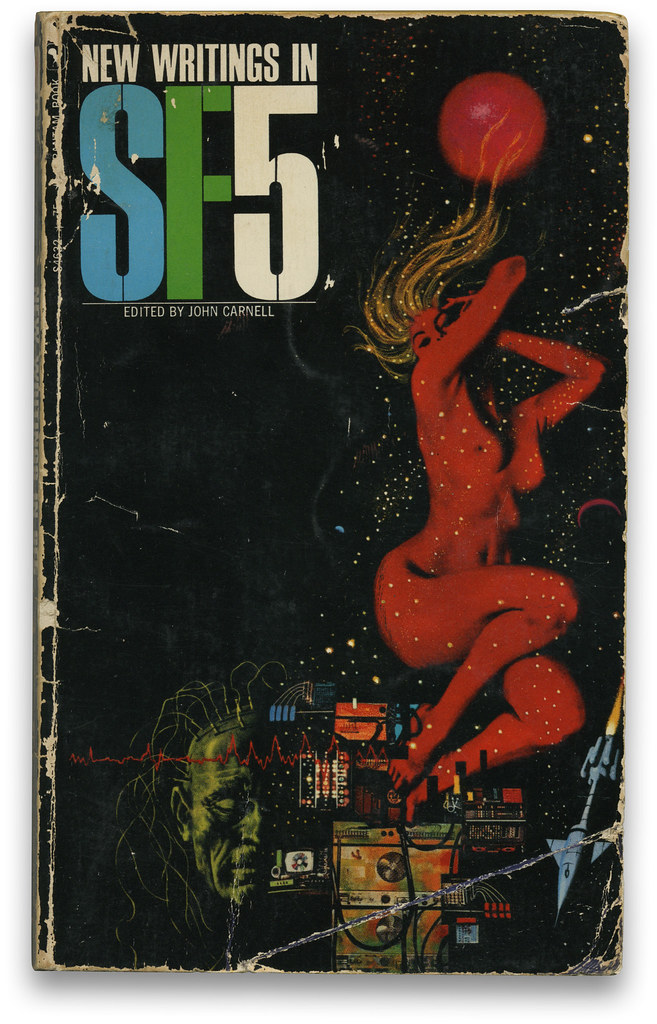
At Literary Hub, Jeff Shotts discusses his work an editor at Minneapolis-based publisher Graywolf Press with Kerri Arsenault:
Comments closedAt Graywolf, we choose what we choose because these books deal with uncomfortable issues. Sometimes we need comfort, but what comforts us as readers, when so much of the rest of the world is hard at work to comfort us? I am made more uncomfortable by passivity, invisibility, and perfection. And readers want books like Citizen, which directly confronts race, or’On Immunity, which takes on vaccination and cultural fear, or D. A. Powell’s exquisite, lyrical trilogy collected in Repast, on illness and HIV, or Solmaz Sharif’s upcoming Look, which describes the casualties of war, one of which is our language.
All of these books we choose because of the issues they confront, yes, and also because of how they confront them. The language, style, and form of the books Graywolf publishes are meant to challenge you, provoke you, keep you reading, immerse you in experiences that you can’t shake off after you look up from their pages. Not all these experiences are loud or ugly, and many of them are also subtle, internal, joyous, and beautiful. But we hope all these experiences are artful and enduring…
…It’s a risk in this climate to publish the kinds of books we do—poetry and translations, essays and short stories, works of social justice and artful language. But we continue to recognize that many, many people are excited by these kinds of books: they want to read them, share them, hand-sell them, download them, review them, teach them, study them, engage with them, maybe throw them across the room. As an independent, nonprofit, mission-driven publisher, Graywolf and our titles exist in the same marketplace as countless, more commercial publishers and their titles, and these books have to compete for attention, review coverage, bookstore placement, online positioning, distribution, sales, awards, event listings, and on and on and on. It’s a risk in most every way, but given the extraordinary success many titles have had in these last few years, I think more and more people inside and outside the industry are giving Graywolf books an extra look and an additional boost.










